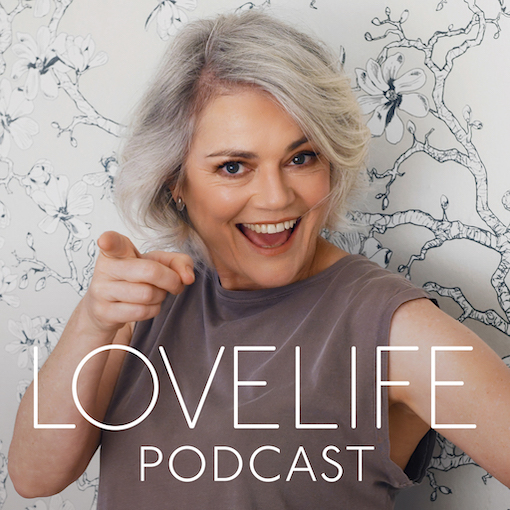
I was honoured once to give the reading at a friends’ wedding. They’d chosen a reading they liked, but wanted it ‘sexed up a bit’ - and who better to ask? Like most wedding readings it was beautiful and poetic and spoke all about love and commitment and sharing and respecting - all good and important aspects of marriage - but nothing about sex and intimacy. As my friends rightly said: “It’s our sexual connection that brought us together and it’s what makes our relationship unique - so we want that celebrated in our wedding ceremony too!”
So, in the reading, I pointed out that a marriage (or any long-term relationship) is like a tripod. It has three legs: friends, partners, and lovers. When all three are strong, you have a strong relationship, when they’re wobbly or missing, so is your relationship.
Being friendsmeans just that: enjoying each other’s company, sharing conversation and activities, and generally being good companions.
Being partners means being teammates in the game of life: being able to successfully run your household and family, managing the logistical parts of life.
Being lovers means maintaining the ‘mmm’ factor, that special energy that connects you in a way unlike any other. It’s a light, joyful, delicious, connection that pervades your life, so that you continuously cultivate desire for each other, and can co-create a quality, life-enhancing sex life, throughout your years together.
When you’ve got all three, you’ve got a great relationship.
Many relationships fall down in one or more areas:
- Sometimes a couple can be good in the partnership and lovers area, but not good enough friends for it to last;
- There are plenty of cases of couples with friendship and passion, but can’t manage the logistics (especially when drugs, alcohol and gambling is involved);
- And certainly, what I see most commonly in my practice, is couples where despite getting on well and having a good life together, the lovers’ side of things is wavering or has disappeared.
Enjoy the companionship as friends, manage the logistics of life as partners and feel the pleasure as lovers!







.jpg)






